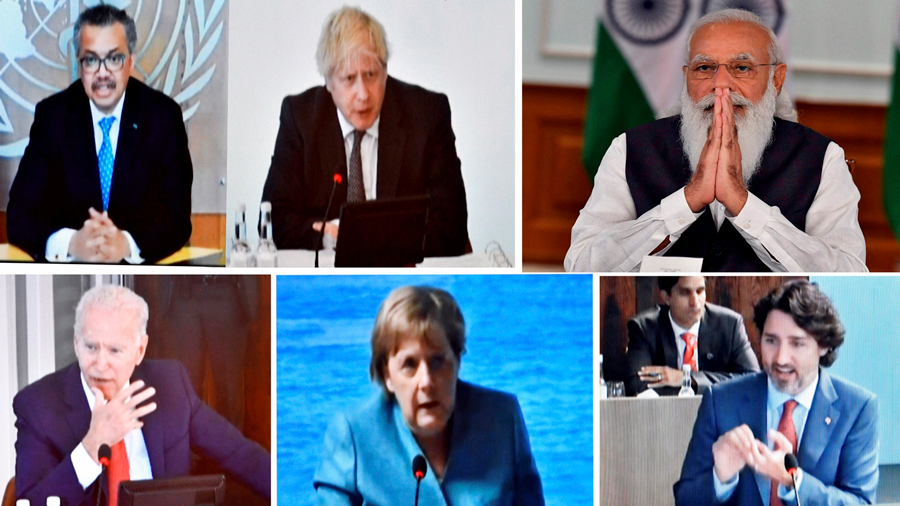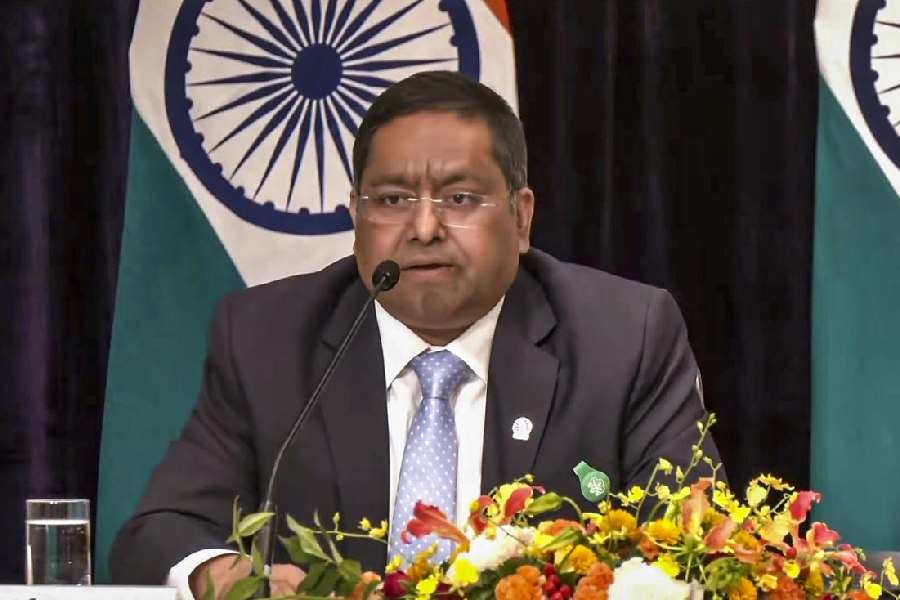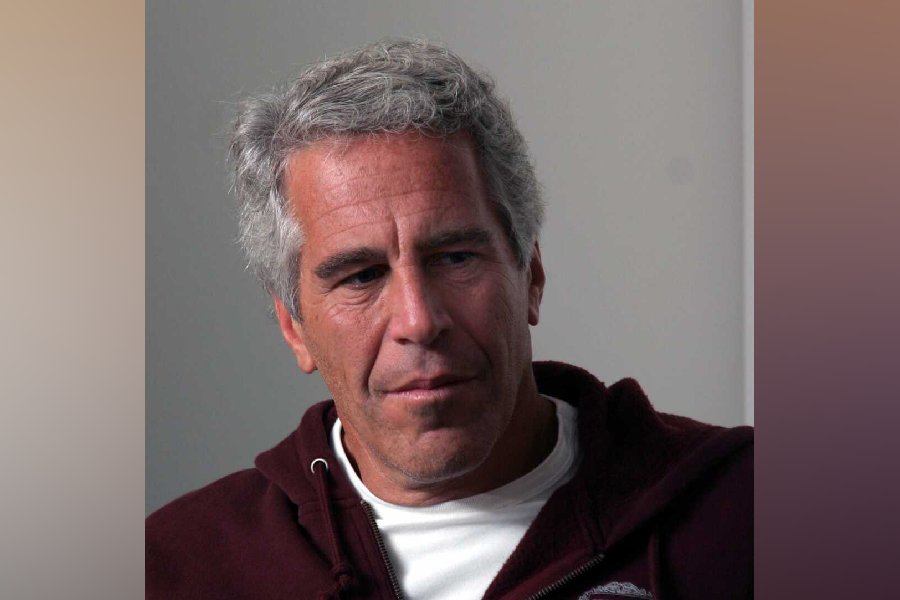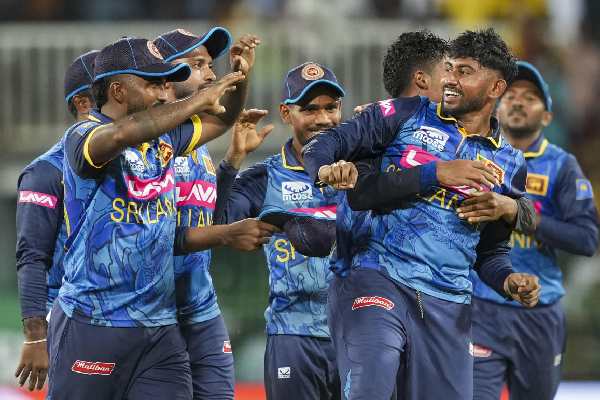India’s endorsement of the ‘Open Societies’ declaration at the G7 summit remains open to interpretation. The joint statement that was signed by the G7 nations along with India, South Korea, South Africa and Australia aims to uphold the importance of such values as the freedom of expression which, in turn, is pivotal to safeguarding the future of democracy. This commitment on the part of the bloc is being seen as an attempt to tick off China and Russia. But there is a line of thought that argues that India’s own record in this respect in recent years is enough to merit similar scrutiny. This is because in spite of Narendra Modi’s attempt to remind the world of India’s long and cherished commitment towards freedom and liberty at the summit, data reveal that there may be a hollow ring to the prime minister’s assurance. Indeed, a global non-profit outfit working in the fields of digital rights and online freedom found that 70 per cent of internet shutdowns around the world had taken place in India last year. Internet services suffered for a long time in Jammu and Kashmir even though the Supreme Court has declared access to this vital service to be a fundamental right. Old and new concerns continue to blight India’s freedom charter. Sedition remains a popular legal stick in the hands of the authorities to beat dissenting voices with in New India; the new rules to regulate information technology intermediaries have sparked widespread concerns about encroachments on privacy and free speech; the ruling dispensation stifles criticism by invoking the bogey of anti-nationalism. Little wonder then that India continues to register a precipitous slide in international assessments of democratic conditions and press freedom even as the prime minister reiterates the nation’s fidelity to protect rights and freedoms.
In fact, there is a need for the international fraternity to widen the conceptual ambit of ‘Open Societies’; the precept should not be limited to an appraisal of incursions on technology and rights. A truly open society is one that is receptive to stimulating ideas, plurality, equality. It should also be able to energetically challenge regressive forces that make fundamental rights contingent upon public duty. It would be interesting to see how Mr Modi’s India fares on these parameters.










